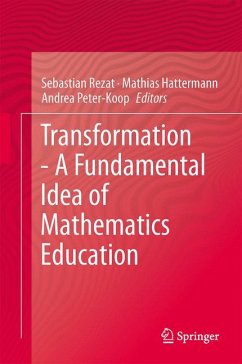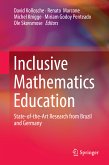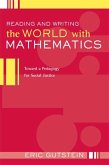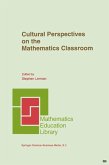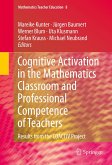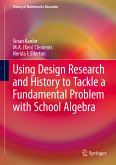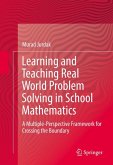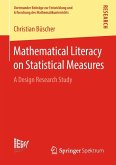With an international pool of authors, this book seeks to answer the following questions: What do we know about transformations in the different domains? What kinds of transformations are crucial? How is transformation in each case conceptualized?
The book is meant for researchers, teacher educators and curriculum designers in the field of Mathematics Education. It is destined to occupy an important place in current literature on the topic of transformation as a way of uncovering and explaining mathematical practice and the very essence of mathematics as well as a way of creating and maintaining semantic networks between different content areas.
Dieser Download kann aus rechtlichen Gründen nur mit Rechnungsadresse in A, B, BG, CY, CZ, D, DK, EW, E, FIN, F, GR, HR, H, IRL, I, LT, L, LR, M, NL, PL, P, R, S, SLO, SK ausgeliefert werden.

